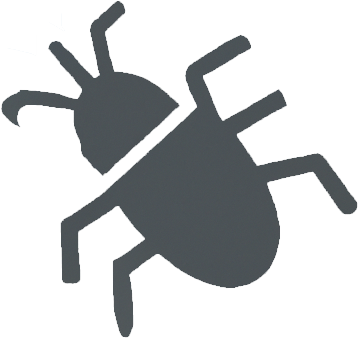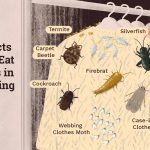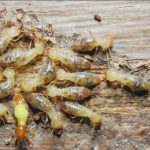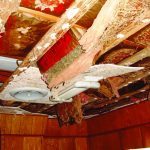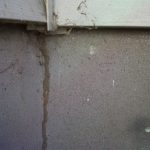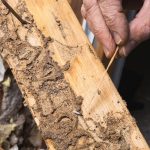Termites are one of the most destructive pests found in Pennsylvania, yet many homeowners are unaware of the danger they can pose to their homes. This article will provide an introduction to termites and explain what homeowners in Pennsylvania need to know in order to protect their homes from infestation.
Types of Termites in Pennsylvania
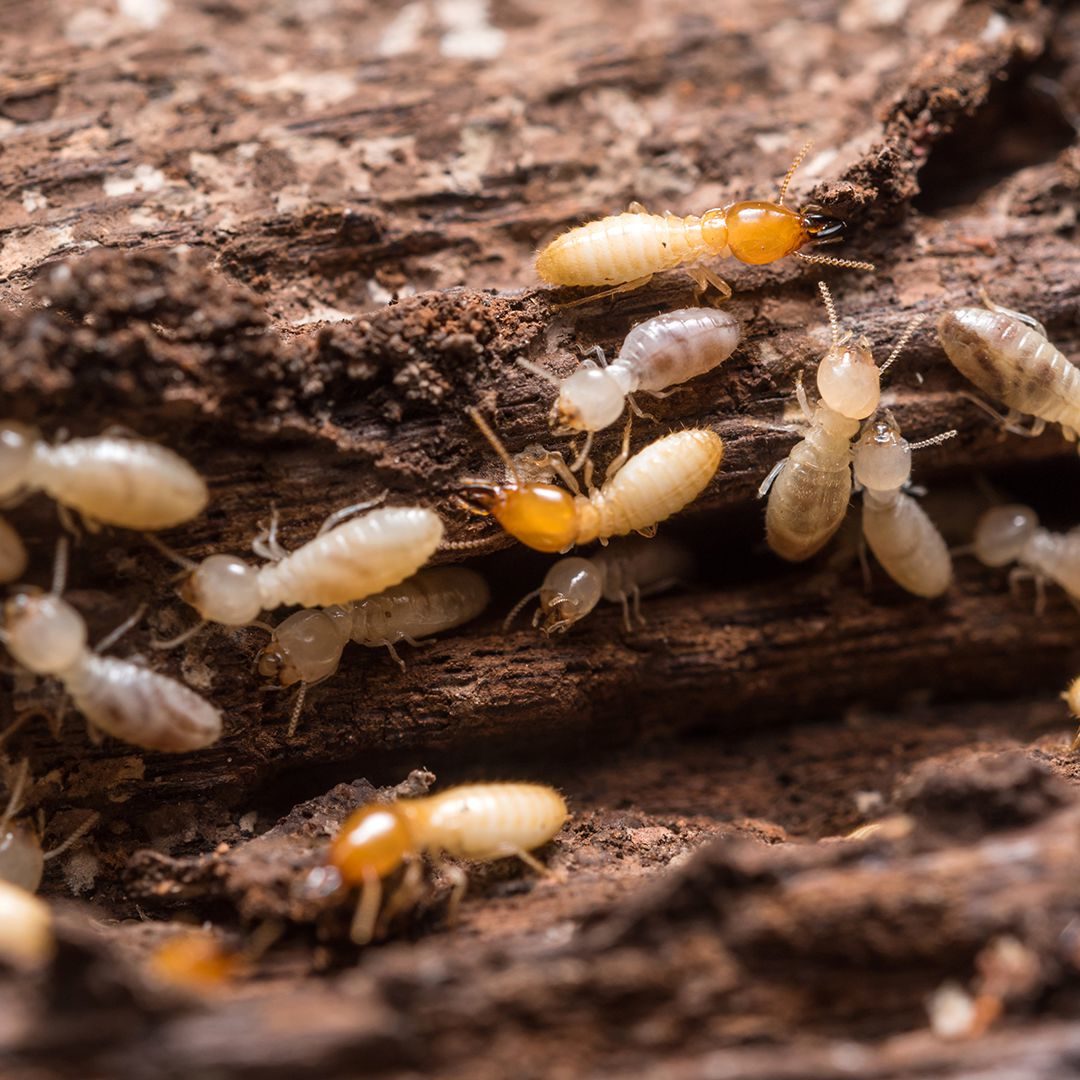
| Termite Species | Color | Size |
|---|---|---|
| Eastern Subterranean | Light brown to black | Up to 1/2 inch long |
| Formosan Subterranean | Light brown | Up to 3/8 inch long |
| Dampwood | Light to dark brown | Up to 1 inch long |
| Drywood | Light to dark brown | Up to 3/4 inch long |
The four most common types of termites in Pennsylvania are Eastern Subterranean, Formosan Subterranean, Dampwood and Drywood. Eastern Subterranean termites are light brown to black in color and up to 1/2 inch long. Formosan Subterranean termites are light brown in color and up to 3/8 inch long. Dampwood termites are light to dark brown in color and up to 1 inch long. Drywood termites are light to dark brown in color and up to 3/4 inch long.
Signs of Termites in Pennsylvania
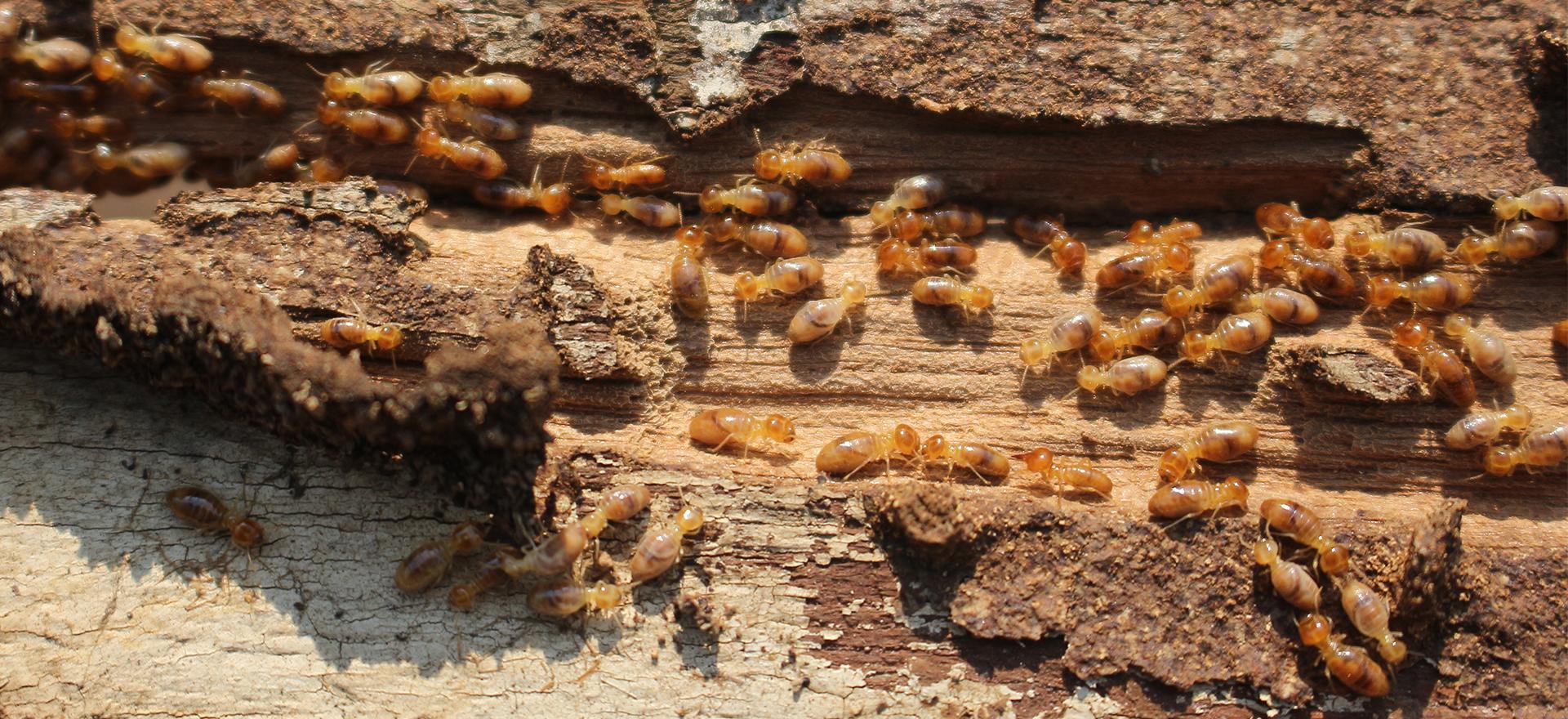
| Sign | Description |
|---|---|
| Mud Tubes | Termites build mud tubes as a means of traveling from the ground up to the wood they are infesting. These tubes are made of soil and bits of wood and other debris found in the environment. |
| Swarms | During the warmer months of the year, termites swarm, which means they fly up in the air in large numbers, mate, and then land in a new area to infest. |
| Discarded Wings | After the mating process is complete, the termite swarmers discard their wings. If these wings are found near windowsills and doorways, it is a sure sign of a termite infestation. |
| Damaged Wood | Termites eat away at wood from the inside out, leaving a hollowed out and damaged look. Tap on the wood to see if it is hollow or has been damaged by termites. |
Prevention of Termites in Pennsylvania
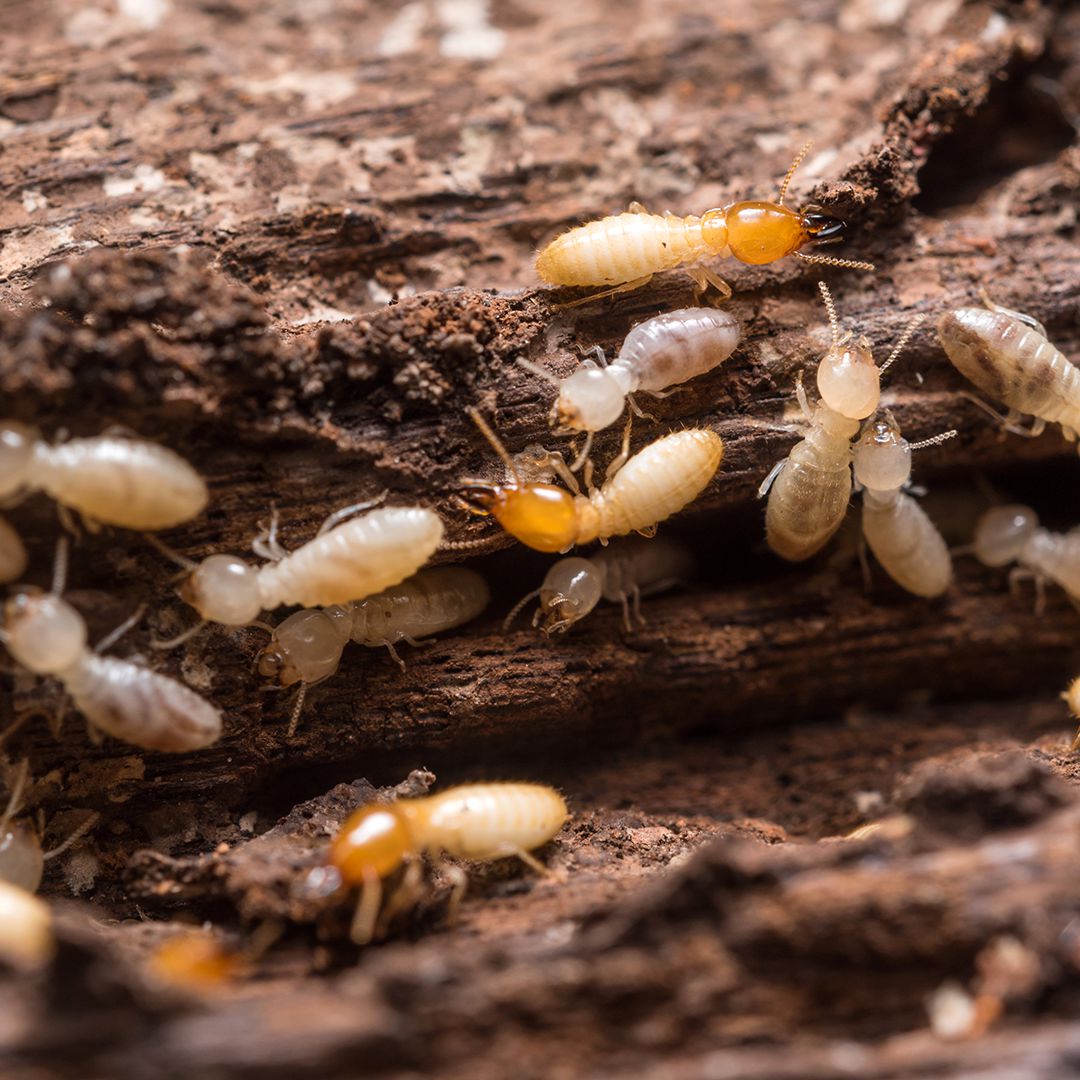
- Remove damp wood and debris from around the foundation of your home.
- Eliminate sources of moisture near the home, such as leaking pipes and clogged gutters.
- Install a physical barrier such as plastic sheeting between the soil and the foundation.
- Replace wood mulch with inorganic mulches such as stone or pebbles.
- Keep wood piles, decks, and other wooden structures away from your home.
- Make sure door and window frames are sealed to prevent entry.
- Check for signs of termites, such as mud tubes, wood damage, and discarded wings.
- Repair any cracks in the foundation of your home.
- Inspect the perimeter of your home regularly for signs of termites.
- Consider having a professional pest control company treat your home for termites.
Treatment of Termites in Pennsylvania
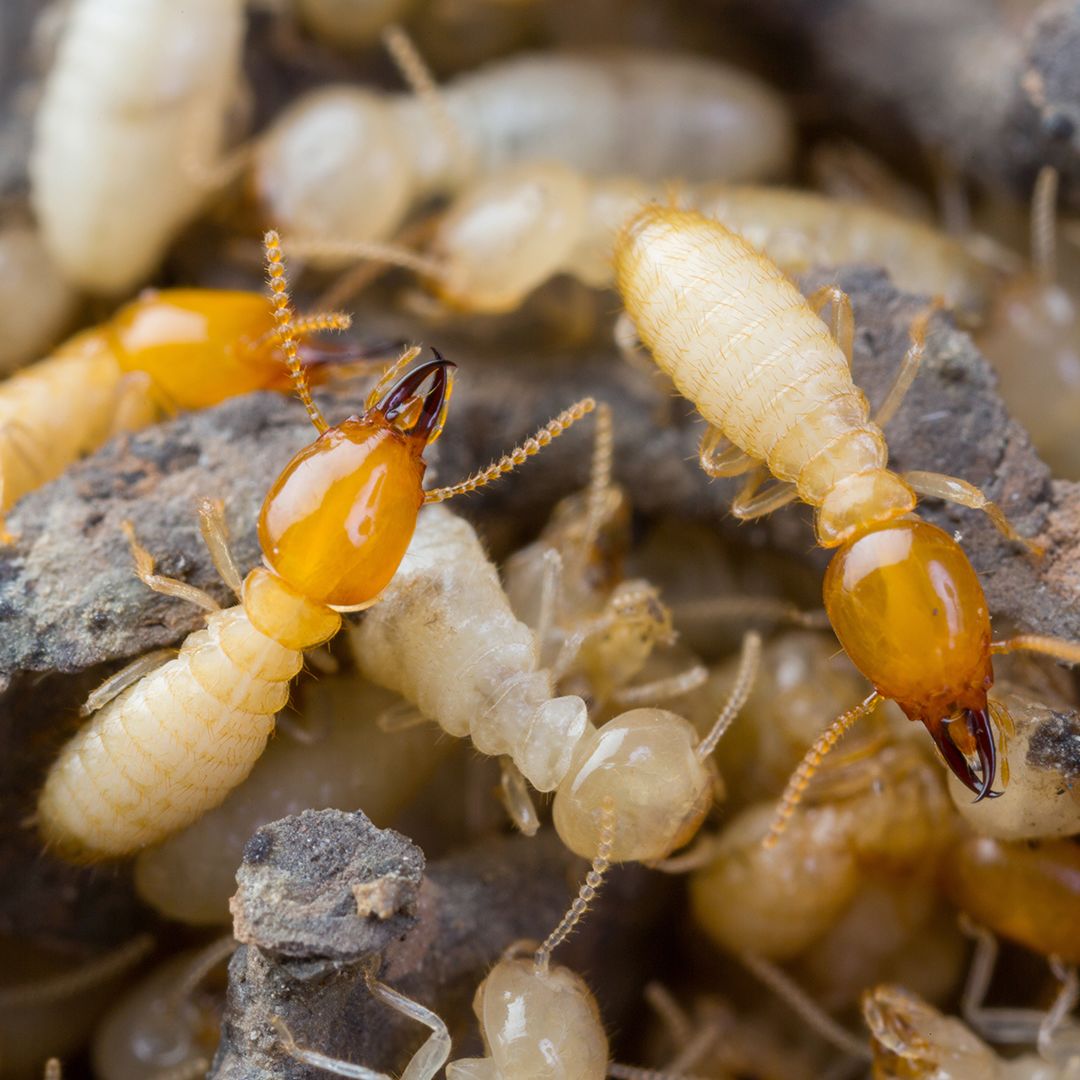
- Inspect the property for signs of a termite infestation. Common signs include mud tubes, swarms, wings and wood damage.
- Identify the type of termite present in the property. This can be done by an experienced pest control professional.
- Determine the extent of the infestation. Professional pest control experts can also help with this task.
- Apply an appropriate treatment method. This may include baits, sprays or fumigation.
- Monitor the treatment regularly to ensure it is effective.
- Continue regular inspections to prevent future infestations.
Professional Inspection of Termites in Pennsylvania
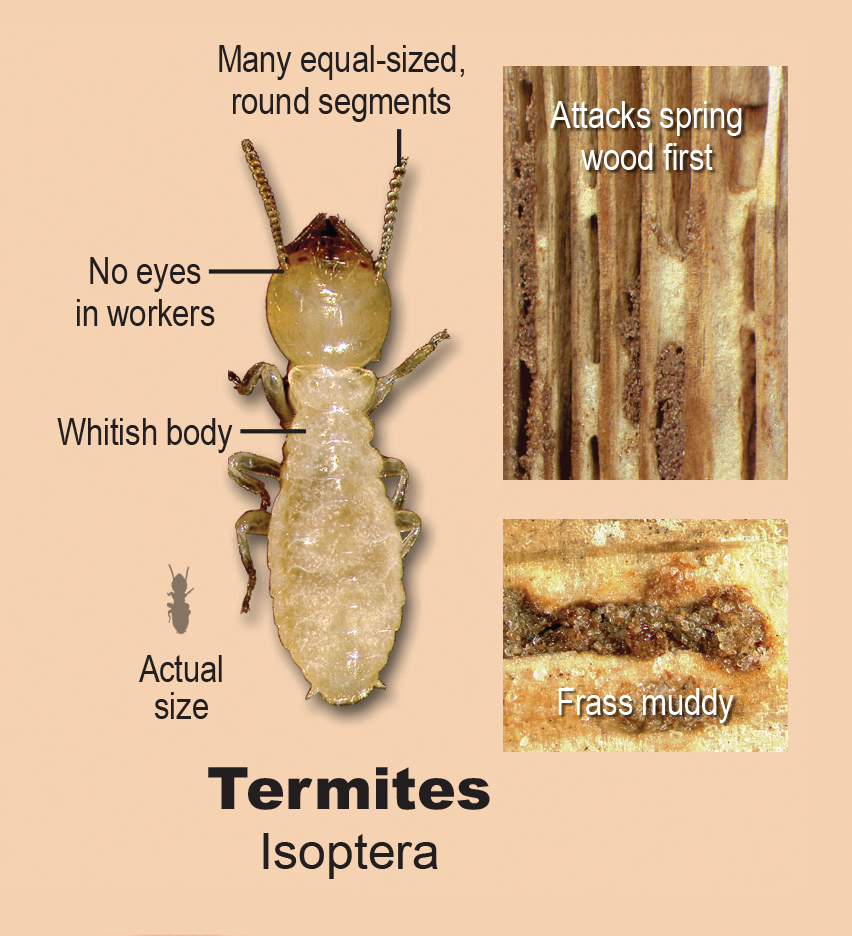
Table 1: Professional Termite Inspection Companies in Pennsylvania
| Company | Location | Services |
|---|---|---|
| AAA Exterminators | Lancaster, PA | Pest control, Termite remediation, Commercial services |
| Exterm-A-Tech | Harrisburg, PA | Pest control, Termite inspection and treatment, Bed bug elimination |
| Pest Pro | Philadelphia, PA | Pest control, Termite inspection and treatment, Wildlife control |
Termites can cause extensive damage to homes and buildings in Pennsylvania. Professional termite inspections are essential to identify and eradicate termite infestations before any damage occurs. There are many pest control companies in Pennsylvania that specialize in termite inspections and treatments.
The most effective way to detect termites is to enlist the services of a professional pest control company. These companies will inspect the area and provide an accurate assessment of the termite infestation. They can also provide treatment options to eliminate the infestation, such as baiting and fumigation.
Table 1 lists some of the professional termite inspection companies in Pennsylvania. Each company offers a variety of services and treatments to eliminate termites. It is important to consult with a professional pest control company to get the best results.
DIY Inspection of Termites in Pennsylvania
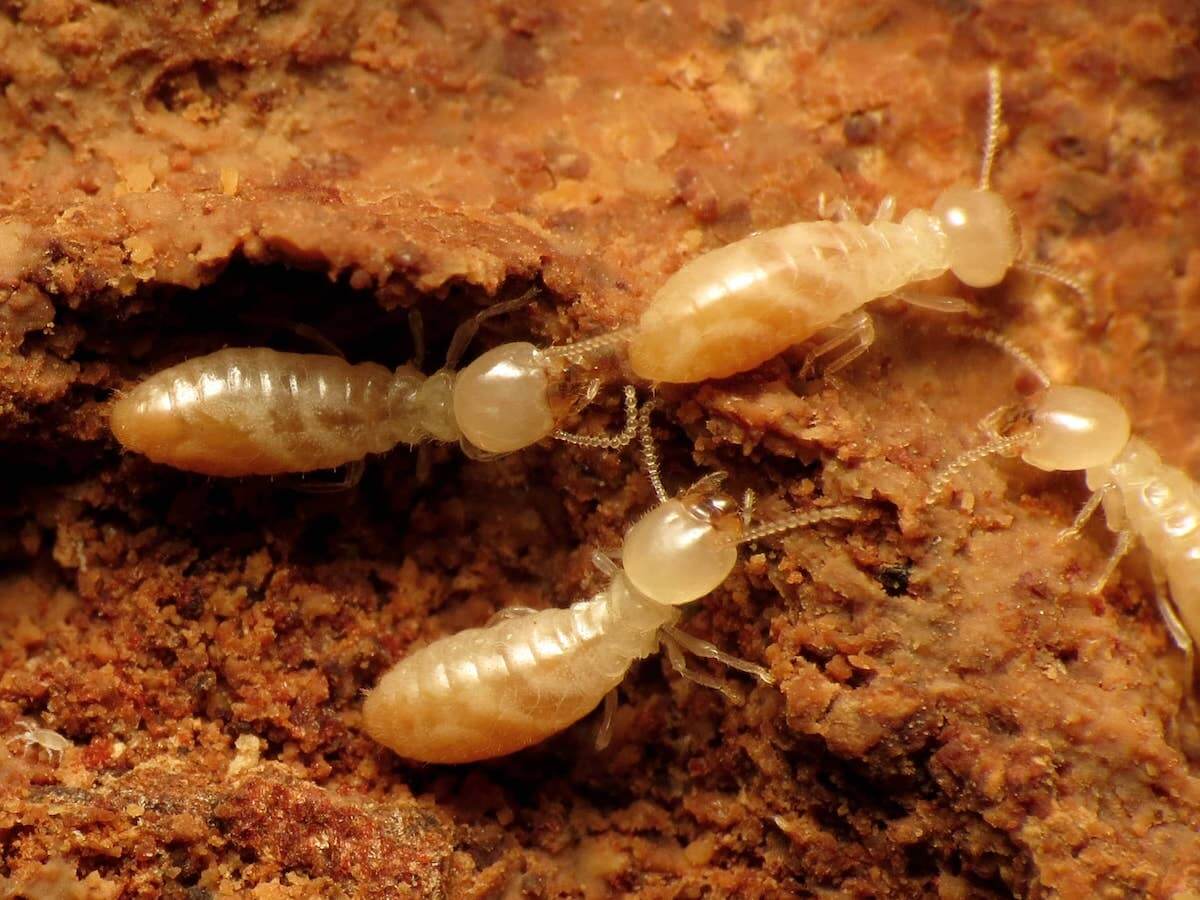
| Steps | Description |
|---|---|
| 1. | Check the outer walls of your house for mud tubes. |
| 2. | Check the foundation and siding for visible signs of termites. |
| 3. | Look for broken or damaged wood inside your home. |
| 4. | Check the attic for evidence of termite damage or presence. |
| 5. | Inspect crawl spaces and other areas that may be difficult to reach. |
Termites can cause significant damage to homes in Pennsylvania if left unchecked. To prevent costly repairs, it is important to conduct regular inspections for termites. A do-it-yourself inspection is an effective way to identify signs of an infestation in its early stages.
Start by inspecting the exterior of the home for mud tubes, which are small tunnels of mud used by termites to move from their nest to their food source. Look for mud tubes on the foundation walls and siding.
Next, check for visible signs of termites inside your home. Look for broken or damaged wood, as well as any discarded wings from swarmers. Also, inspect the attic for evidence of termite damage or presence.
Inspect crawl spaces and other areas that may be difficult to reach. If you find any of these signs of termites, it is important to contact a licensed pest control company to assess the extent of the infestation and develop a treatment plan.
DIY Treatment of Termites in Pennsylvania
- Check wooden structures for signs of infestation, such as mud tubes, droppings, damaged wood, and shed wings.
- Install a physical barrier around the home, such as a chemical barrier, to limit termite access.
- Remove any mulch, wood, or debris near the home that could serve as a food source for termites.
- Treat infested wood with borate-based wood preservatives.
- Ventilate the crawl space and attic to reduce moisture.
- Check for any leaks or other sources of moisture and repair them immediately.
- Remove any old stumps, logs, or other wood debris near the home.
- Treat the soil around the foundation of the home with a termiticide.
- Replace any damaged wood with pressure-treated lumber.
Licensing Requirements of Pest Control Professionals in Pennsylvania
In Pennsylvania, pest control professionals are required to be licensed by the Pennsylvania Department of Agriculture (PDA). To obtain a license, applicants must pass an examination that covers topics such as pesticide safety and label reading, structural pest control, insect and rodent biology and control, and general pest management. Applicants must also provide proof of experience in the pest control industry and must complete a minimum of 12 hours of continuing education every two years.
Once licensed, pest control professionals must adhere to the guidelines set out in the Pennsylvania Pesticide Control Act of 1973. This act requires that licensed professionals use pesticides only in accordance with their labeled directions, keep accurate records of their pesticide use, and use only registered pesticides for the purpose for which they were registered.
In addition, the PDA requires that all licensed pest control professionals maintain a valid and current certification for each type of pest control service they offer. These certifications must be renewed every two years, and the PDA requires that pest control professionals attend a minimum of four hours of continuing education training each year to maintain their certification.
| License Type | Examination | Experience | Continuing Education |
|---|---|---|---|
| Pest Control Professional | Yes | Yes | 12 Hours Every 2 Years |
| Pest Control Technician | Yes | No | 4 Hours Every Year |
Frequently Asked Questions
What signs should I look out for if I suspect termites in my Pennsylvania home?
Look for swarms of winged termites near windows and doors, especially after rain. Also look for discarded wings of termites near windowsills and door frames. Listen for a faint rustling sound in walls, as termites feed on wood within the structure. Check for mud tubes in the foundation and exterior walls, as well as damage to wooden structures such as floors, posts, and furniture. Lastly, look for blistering of paint on walls and ceilings.
How can I protect my Pennsylvania Home from Termites?
The best way to protect your Pennsylvania home from termites is to eliminate any potential sources of food and moisture that can attract them. Inspect the foundation of your home, checking for any cracks or holes, and seal any that you find. Remove any sources of wood, such as rotting trees stumps, firewood, and woodpiles, from your property. Make sure to keep gutters and downspouts clean and unclogged so that water won’t accumulate near your foundation. Additionally, have a professional pest control company inspect your home for signs of termites and treat any infestations as soon as possible.
What kind of damage can termites cause in Pennsylvania?
Termites can cause extensive damage to wooden structures, such as floor and wall joists, support columns, and wooden siding. They can also damage drywall, insulation, and other materials containing cellulose, such as paper and cardboard. In some cases, termites can even cause structural damage to a home or business, leading to costly repairs.
Are there any particular species of termites found in Pennsylvania?
Pennsylvania has many different species of termites, including subterranean, drywood, and dampwood termites. Subterranean termites are the most common species, and are found throughout the state. Drywood termites are found in southeastern Pennsylvania, while dampwood termites are found in more humid areas in the north and western parts of the state. In Pennsylvania, the Eastern subterranean termite is the most commonly found species.
What are the best methods for treating termites in Pennsylvania?
The best method for treating termites in Pennsylvania is to contact a professional pest control company. A licensed technician will inspect your home and recommend the best course of action for eliminating the termite infestation. Treatment may involve the use of baits and insecticides that can kill the termites and prevent future infestations. Homeowners should also take preventative measures such as sealing cracks and crevices on the exterior of the home, reducing excess moisture, and removing sources of food such as wood piles that attract termites.
Conclusion
Termites are a common problem in Pennsylvania, but homeowners don’t necessarily need to panic. Regular home inspections and preventive treatments can help protect a home from termite damage. If termites are found, it is important to contact a professional pest control company to help identify the type of termite and determine the best course of action. With the right information and preventive measures, homeowners can protect their homes from the damaging effects of termites.
